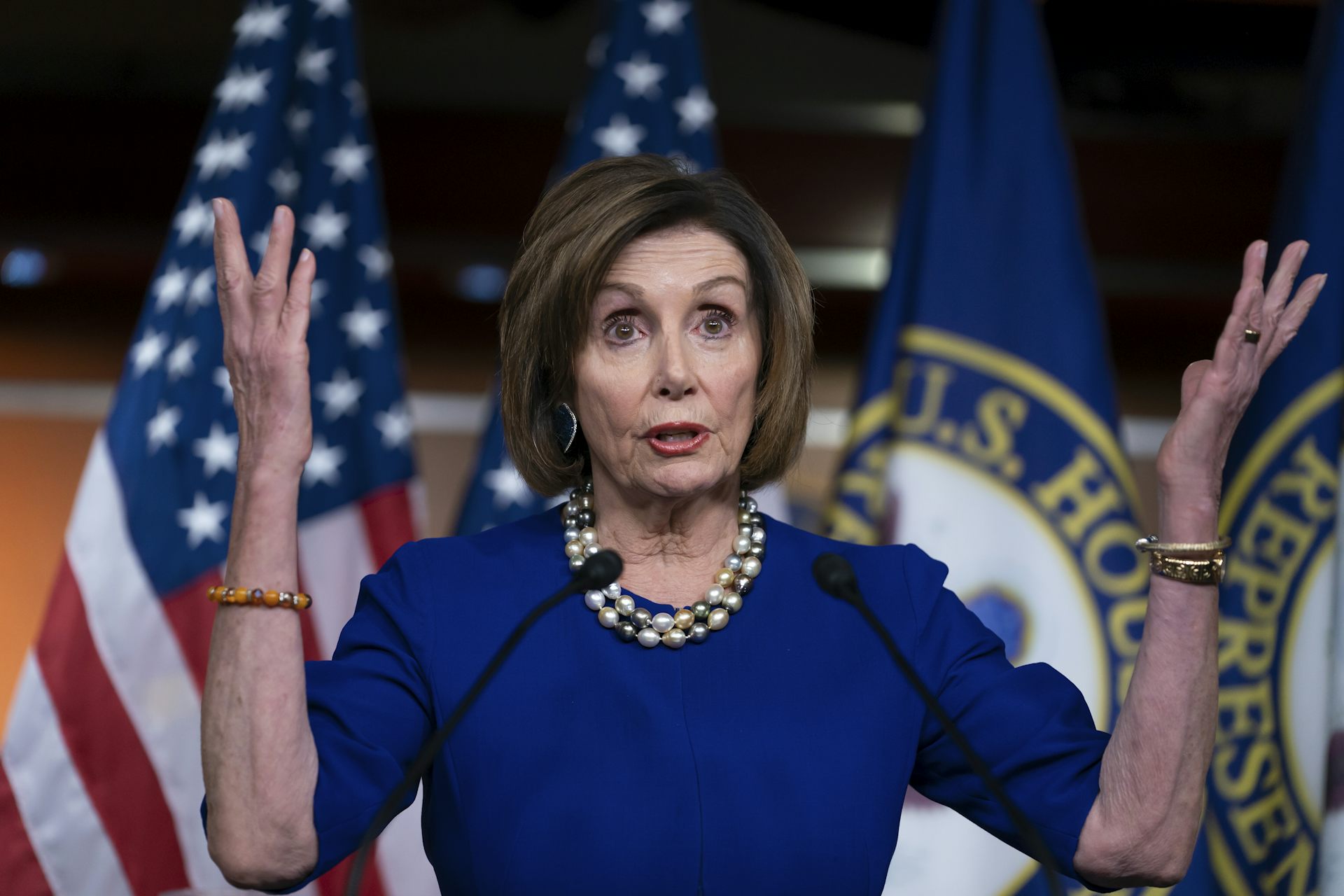
Donald Trump’s removal of impeachment witness Lt. Col. Alexander Vindman from the White House and intervention in his friend Roger Stone’s sentencing have prompted concern that the president’s acquittal in his recent impeachment trial may embolden him to further expand executive power while avoiding accountability.
But the conclusion of the trial in the Senate should by no means end congressional oversight of the executive branch.
As a legal scholar and political scientist, I know that a healthy, stable democracy depends on people knowing what their government is doing so they can hold elected officials accountable through elections. Our constitutional system ensures transparency and accountability by authorizing legislative branch oversight of the executive.
This is more important now in the aftermath of the first ever presidential impeachment trial to take place without witness testimony or a full investigation of the facts.
Oversight is one way to ensure government transparency. The Constitution authorizes Congress to exercise oversight as part of the carefully crafted balance of powers among the three branches of government.
Impeachment is an important check on presidential power. However, it is the most rarely used of the multiple tools Congress has to review, monitor and supervise the executive branch and its implementation of public policy.
Congress can also exercise oversight through the power of the purse, which allows it to withhold or limit funding. And it can use its power to organize the executive branch, which it uses to create and abolish federal agencies.
In addition, Congress makes laws, confirms officials and conducts investigations.
Shining a light
The tool Congress is most likely to use – investigations – is also the most likely to be affected by the impeachment trial. Investigations can be an effective mechanism for ensuring governmental transparency because they publicize what government agencies have, or have not, been doing.
Both the House and the Senate have broad investigative powers implied in the Constitution that have been used to probe the executive branch and private sector over the years.
Each chamber has wide powers in setting out the parameters and expected outcomes of an inquiry. Either the House or the Senate can direct staff to obtain documents and interview potential witnesses. These efforts usually culminate in committee hearings and a report made available to the public.
Congressional investigations have effectively shined light on questionable executive branch conduct in the past. They exposed the Reagan administration’s diversion of funds from sales of arms to Iran to aid the Nicaraguan Contras, George W. Bush administration’s misrepresentation of intelligence to justify the Iraq War, and President Nixon’s attempts to cover up the Watergate scandal.
They have also revealed waste and abuse by federal agencies, including corruption related to the FBI’s use of confidential informants and mismanagement by leadership in the Department of Justice’s Environmental Crimes Program.
In addition to fostering transparency and governmental accountability, investigations alert Congress to gaps in the law. For example, the Senate Permanent Subcommittee on Investigations’ inquiry into the 2008 financial crisis led to greater consumer protection and regulation of the banking sector in the Dodd-Frank Act.
Existing oversight investigations into Trump’s policies and him personally will continue. The House Subcommittee on Oversight and Reform has at least two pending investigations. One is looking into the Department of Education’s policies on federal student loans, campus sexual harassment and protections for students at for-profit colleges. Another is investigating the Trump administration’s decision to add a citizenship question to the census.
Meanwhile, investigations into Trump’s borrowing and banking practices prior to becoming president will continue. So will efforts to compel the Treasury Department to release Trump’s tax returns.
Impeachment’s shadow?
But as the impeachment trial shows, the president can stonewall efforts to hand over information. Currently, federal courts are hearing multiple court cases in which House committees have sought information from or about the president.
More disputes between Congress and the executive branch are likely. Recently, the House Committee on Oversight and Reform threatened to subpoena Secretary of Education Betsy DeVos after she refused to attend a public hearing. And Attorney General William Barr agreed to testify before the House Judiciary Committee about the Department of Justice’s reversal of its sentencing recommendation for Roger Stone.
Trump’s acquittal may embolden him to persist in his arguments for absolute immunity and reassert them if, for example, DeVos is subpoenaed or Barr testifies. But ultimately, the courts may have more impact on future oversight than the impeachment trial as they have the power to order disclosure of information.
Left in the dark
Congress is not limited to investigations when it comes to holding the president accountable. Congress persists in its attempts to use its war powers to restrict Trump’s actions in Iran. The House recently passed a measure requiring congressional pre-approval before any money was spent on attacking Iran and voted to repeal the 17-year-old authorization for the Iraq War, which the Trump Administration used to justify the assassination of Maj. Gen. Qassem Soleimani. And the Senate passed a resolution to limit President Trump’s ability to use force against Iran.
Congress has several other mechanisms for exercising oversight. It can defund, redirect, or even eliminate federal agencies and refuse to confirm presidential appointments. But it remains to be seen whether it will continue to pursue vigorous oversight. The impending election could distract or deter Democrats, who want to refocus their line of attack on Trump by disputing his record on the economy. Meanwhile Republicans, who fear electoral repercussions if they alienate the president’s base, are unlikely to seek more oversight.
Without oversight, people are left in the dark about what their government is doing. And a misled or uninformed public weakens the only other mechanism available to hold the executive branch accountable: elections.
Kirsten Carlson, Associate Professor of Law and Adjunct Associate Professor of Political Science, Wayne State University
This article is republished from The Conversation under a Creative Commons license.


